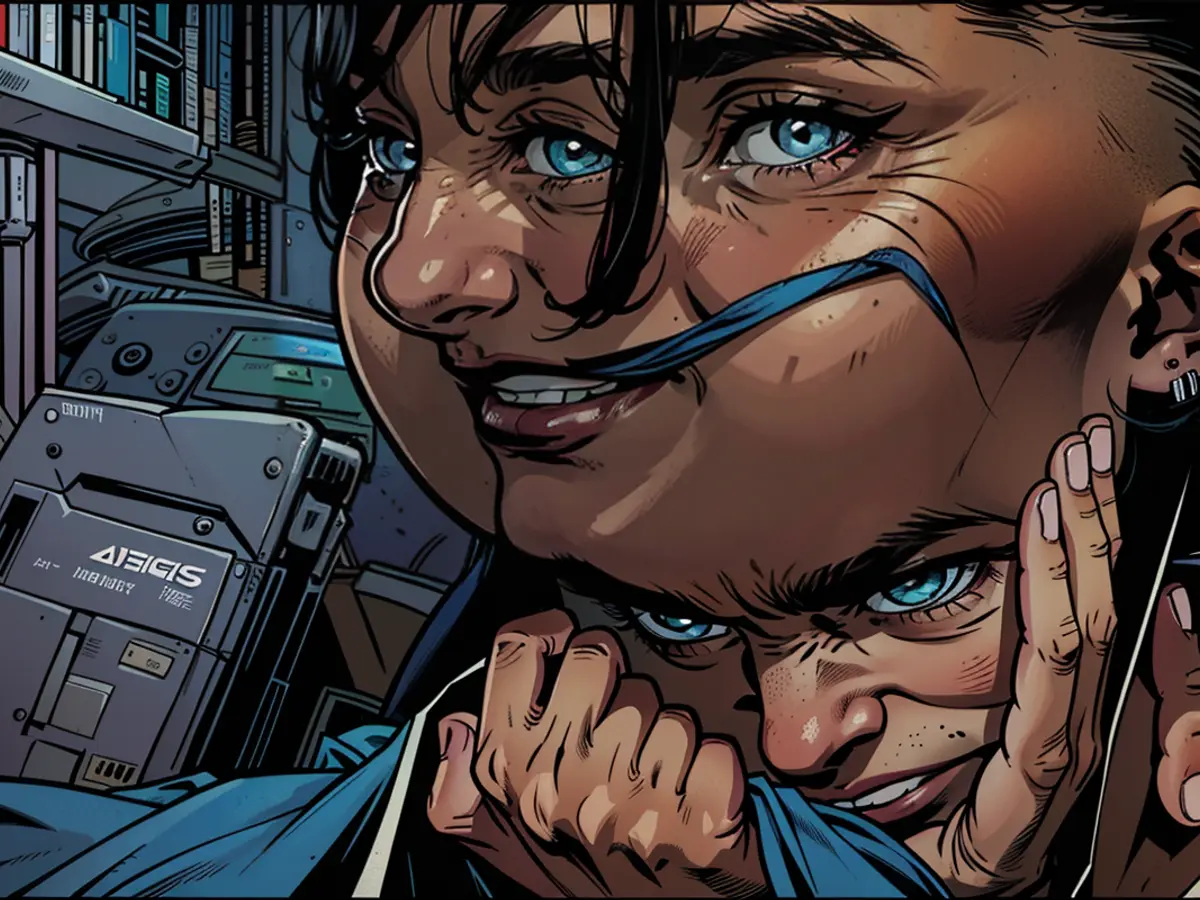Of the monstrosities behind closed doors
August Drach's father is a drunkard and a beater. The mother is full of love and tenderness, but only when August is ill. Soon she cannot be without his illness. Valerie Fritsch tells the story of Münchhausen's syndrome by proxy in "Lemons" in a wonderful way.
The story of August Drach begins to take shape, first the village, then his mother, then his father. The village lies in the Austrian countryside and is full of untold dramas. Mother Lilly is a bit crazy and perhaps closer to the "ghosts" on the flea market photographs hanging in the kitchen than to the living. But the father is cruel, a drunkard who beats his son habitually, shames and devalues him. "The father fell into his hands, the mother into his outstretched arms."
For the mother does not prevent the father from beating, but showers the son with tenderness and love afterwards. But one cold night in spring, the father disappears, taking nothing with him, leaving silently and perhaps without looking back. Lilly and August, mother and son, bloom without the tyrant in the house, but they lack the connection.
This changes when August falls ill, coughs and feverish, he cannot leave his bed for days. The mother nurses him devotedly, instead of drifting into her own worlds. Even when he is healthy again, she cannot let go of the idea that he is still ill. There is hot tea, apple compote and small tablets. August becomes weaker, he feels dizzy and sleepy. Lilly Drach invents a long-standing illness history for her son, for which there are supposedly doctor's letters, examination reports and discharge papers.
No Name for the Unspeakable
Soon August is pushed through the village in a wheelchair, while his mother suddenly behaves surprisingly familiar with the village doctor. Instead of asking her son, as she used to, whom he loves more, father or mother, she now presses him while he lies helpless in bed. Is she a good mother? August knows, as he did with the previous question, no answer.
After the first hesitation in reading, the slow understanding, it becomes clear what Valerie Fritsch describes in her fourth novel "Lemons", without naming it. It is about Münchhausen's syndrome by proxy, in which parents, predominantly mothers, invent or even cause illnesses for their children and then take on the role of a seemingly loving and devoted caregiver.
The violence takes place behind closed doors under the guise of motherly love. Lilly Drach mixes earth and aspirin into August's tea, administers tablets for severe cases of Parkinson's or migraine, which are still from her time as a caregiver. August can hardly go to school until the lightning strikes his life and changes everything again.
Devastating Destruction
He eventually moves to the city without a degree, supported by the village doctor who has become his stepfather, always ready to lie and deceive. August may not even notice it, how should he? He has perhaps not learned how to love. This will show in his adult life, into which the novel reaches far.
Fritsch has found a knowing narrator's voice for her 186-page novel, which accompanies August Drach's suffering, almost without evaluating it. The father is as he is, so is the mother, the child's suffering happens almost unnoticed. And when it is noticed, it still takes a long time until rescue comes or at least a brief escape.
The violence experienced in August unfolds in small, mundane ways, yet it wreaks havoc nonetheless. Fritsch describes events in a language that is both poetic and unsettling, as evaluative sentences intermingle with the narrative, seemingly blending in until one realizes halfway through a page the monstrous implications hidden in just two sentences. Such as: "Violence and love do not cancel each other out." Or: "Everything deviated from itself." Or: "There's always someone watching." In the end, she leaves a cliffhanger that almost takes one's breath away. A magnificent novel that simultaneously dissects and assembles its characters.
In this challenging situation, August's mother, despite not stopping the father's abuse, showers her son with affection and care afterwards. This contradictory behavior continues, even after the father leaves, with the mother doting on August when he falls ill, causing her to exaggerate his illness symptoms.
During this time, August's mother's actions fall under the category of Münchhausen's syndrome by proxy, where parents, often mothers, fabricate or cause illnesses in their children to garner attention and affection, a theme explored in Valerie Fritsch's novel "Lemons."








